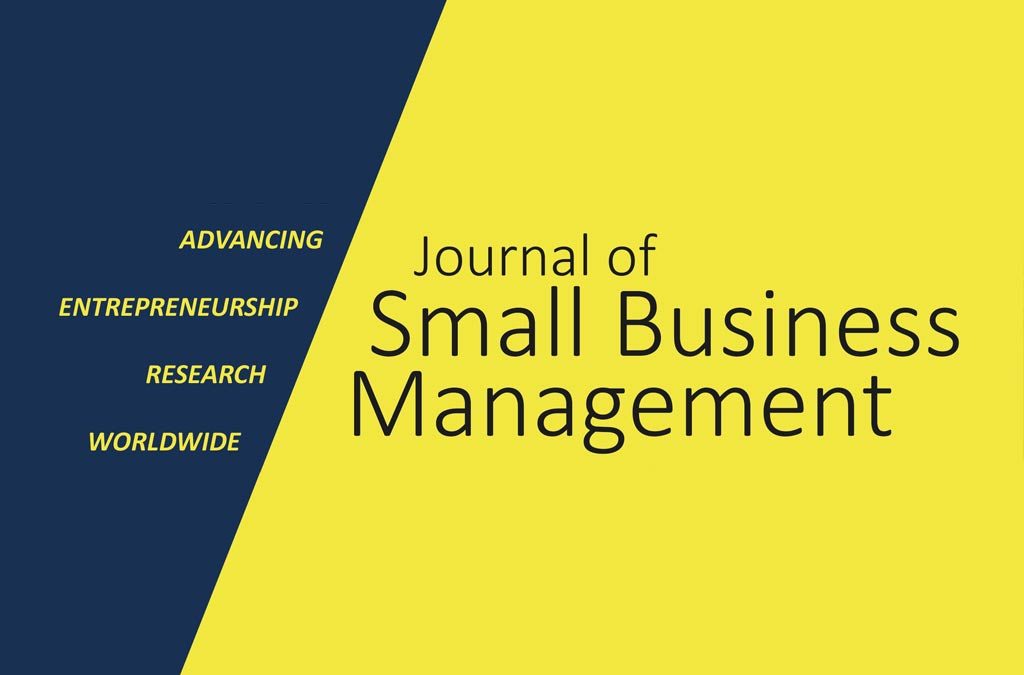Available in January, The Entrepreneur’s Guide to Risk and Decisions is intended to serve as a powerful guide for entrepreneurs, investors, accelerators, incubators, and center directors and as a valuable compendium for educators in the classroom. It is published by Emerald Group Publishing and is available for pre-order online now with copies available at the USASBE conference in New Orleans, January 3-7, 2020.
Here’s what folks are saying about the book:
“The best advice I can give you is to take the content in this book seriously, work hard, surround yourself with the right people, and always try to remain positive and to persevere! Entrepreneurship is a marathon, not a sprint, so use this book to play the long game the smart way.”
–Kevin Harrington, original shark on the hit TV show “Shark Tank”
“There are few resources that effectively help entrepreneur’s navigate the black box of risk and decision-making along their tumultuous journey. Every aspect of that journey – whether it be marketing, financing, partner- ships, HR, networking, or actually launching has unlimited landmines that can put an end to a dream. This book is a critical how-to guide for any entrepreneur at any stage to spot and disarm those landmines with expert precision.”
—Doan Winkel, Senior Vice President of Programming, United States Association for Small Business and Entrepreneurship
“In their new book, The Entrepreneur’s Guide… Thom Pittz and Eric Liguori have identified all of the key issues that entrepreneurs face in developing and growing businesses and provide critical and detailed guidance for success. I am pleased to see a major section of the book devoted to networks and networking as an entrepreneur’s network of support is the foundation for entrepreneurial innovation and growth.”
—William B. Gartner, The Bertarelli Foundation Distinguished Professor Family Entrepreneurship, Babson College
“This book is an essential tool for every entrepreneur during his startup journey. It provides a handy reference which can be reverted to based on real life experiences. An essential companion for all aspiring entrepreneurs or small business owners.”
—Ahmed Osman, President, International Council for Small Business
“Thom Pittz and Eric Liguori have provided a no-nonsense, incredibly insightful and practical guide for entrepreneurs looking to launch and/or grown their businesses. Great insights on guerrilla marketing, the power and pitfalls of crowd funding, and understanding failure and rejection. Recognizing the massive amount of work and stress necessary to build a successful venture, Pittz and Liguori have masterfully distilled wisdom gained from working with hundreds of startups around the globe to help entrepreneurs avoid landmines and gear up for success. Great reading for anyone immersed in the entrepreneurial process!”
—Tim Mescon, Executive VP and Chief Officer, Europe, Middle East and Africa, AACSB International




 Dear ICSB Family,
Dear ICSB Family,









